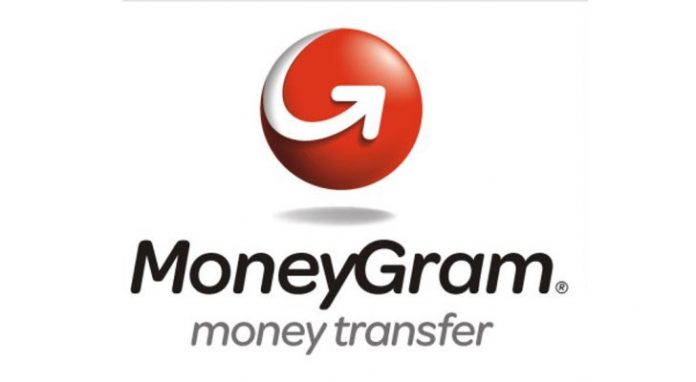The Santa Clara County District Attorney’s office is warning residents about a widespread national scam involving MoneyGram, a popular money transfer service.
The U.S. Postal Service sent out thousands of reimbursement checks totaling $46 million to those who, between 2004 and 2009, lost money in a wide range of transfer scams including fake lotteries and prizes; family emergencies; and guaranteed loans, wrote Nicole Fleming, consumer education specialist with the Federal Trade Commission in a press release.
According to postal inspectors who investigated MoneyGram’s involvement in the scams, “predatory gangs of thieves” used the money transfer service’s international network to steal from the service’s American customers. The Postal Service alleges that MoneyGram turned a blind eye to the widespread scam, even collecting fees for each fraudulent transaction.
According to Postal Inspector Nick Alicea, 86 of the victims – including two in Gilroy and another two in Morgan Hill – are Santa Clara County residents. In December they received reimbursement from MoneyGram and the Postal Service, totaling more than $243,000.
“Many victims lost their life savings,” said Postal Inspector David Bosch. “They lost many thousands of dollars in this scam, placing them and their families in dire straits.”
In the thousands of nationwide cases, MoneyGram collected profit after scammers convinced consumers to send money under false pretenses, according to Alicea.
“MoneyGram willingly closed its eyes for years to the blatant scams being carried out right under its nose,” said the Postal Service in a press release. “Thanks mainly to the persistent efforts of a small number of postal inspectors in Pennsylvania, the fraudsters are being pursued and prosecuted.”
MoneyGram agreed to a settlement last year with federal authorities and paid $100 million out to scam victims, but Deputy District Attorney Janet Berry with Santa Clara County acknowledged the number of victims could increase as the wideranging impact of the scams receives publicity.
“If word gets out, maybe people who have been victimized can get help,” Berry said. “The Moneygram scams are a bit sophisticated; they’re all about getting money for nothing.”
To report a case of suspected fraud, call 1-877-876-2455.
Generally, you get a call from someone who says:
– you won a prize but you have to pay “taxes”
– a friend is in trouble and needs your help
– you can get a loan – even if you have bad credit – but you have to pay a small fee first
Whatever the pitch is, the caller’s only goal is to get your money, according to the Federal Trade Commission – not to give you something in return. Using a money transfer service such as MoneyGram is like sending cash because once you send the money, it’s nearly impossible to trace it or get it back.
Source: Nicole Fleming, FTC consumer education specialist















